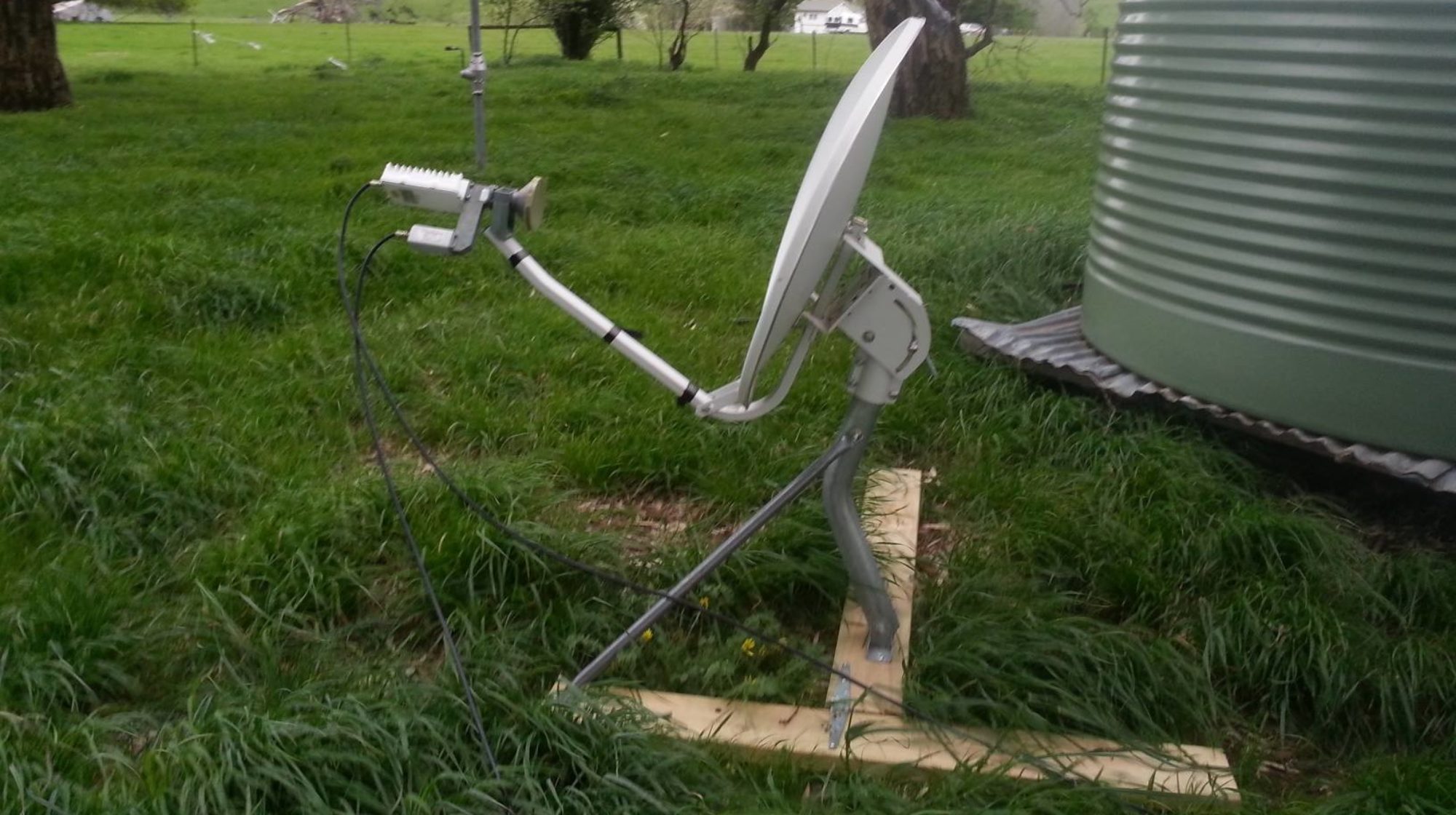As I first published in ‘design solutions for fake news’ google doc.
A Perspective by Eben Moglen from re:publica 2012 is otherwise considered with respect to the implications upon freedom of thought.
The problem of ‘fake news’ may be solved in many ways. One way involves mass censorship of articles that do not come from major sources, but may not result in news that is any more ‘true’. Another way may be to shift the way we use the web, but that may not help us be more connected. Machine-readable documents are changing our world.
It is important that we distill ‘human values’ in assembly with ‘means for commerce’. As we leave the former world of broadcast services where the considerations of propaganda were far better understood; to more modern services that serve not millions, but billions of humans across the planet, the principles we forged as communities seem to need to be re-established. We have the precedents of Humans Rights, but do not know how to apply them in a world where the ‘choice of law’ for the websites we use to communicate, may deem us to be legal aliens. Traditionally these problems were solved via the application of Liberal Arts, however through the advent of the web, the more modern context becomes that of Web Science incorporating the role of ‘philosophical engineering’ (and therein the considerations of liberal arts via computer scientists).
So what are our principle, what are our shared values? And how do we build a ‘web we want’ that makes our world a better place both now, and into the future?
It seems many throughout the world have suffered mental health issues as a result of the recent election result in the USA. A moment in time where seemingly billions of people have simultaneously highlighted a perceived issue where the results of a populous exacting their democratic rights resulted in global issues that pertained to the outcome being a significant surprise. So perhaps the baseline question becomes; how will our web better provide the means in which to provide us (humans) a more accurate understanding of world-events and circumstances felt by humans, via our ‘world wide web’.
